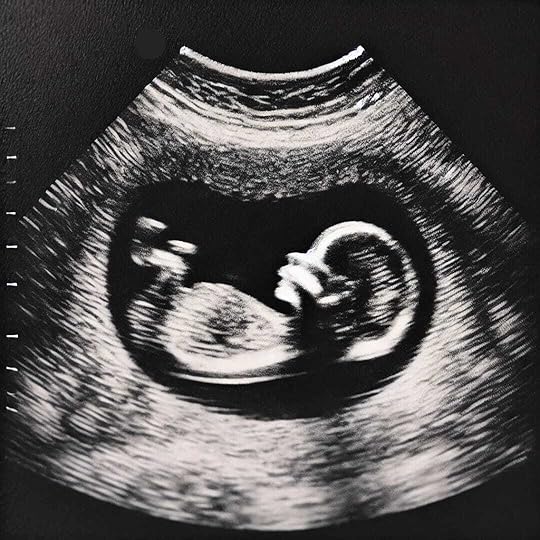Whose Embryo Is It Anyway?

When I saw the headline, I thought my eyes were playing tricks on me: Paying child support for unborn children could become a reality with new law in Kansas.
Lawmakers are carving new paths through the legal system that stretch the definition of parenthood—and personhood—before a baby is even born.
Kansas House Bill 2062 is a quietly explosive piece of legislation that says men should be financially responsible for unborn children. Not someday. Not after birth. From conception.
And just to sweeten the deal: if you’re expecting, you might be able to claim your fetus as a tax exemption.
Seriously. Did we collectively wake up in a parallel universe? Or, did someone in Kansas read The Fatherhood Mandate and decide to implement parts of it?
Let’s break it down. HB 2062 does two big things. First, it says a pregnant person can seek child support for pregnancy-related medical expenses—starting from the moment of conception. Second, it lets you claim an unborn child as a dependent on your taxes. That’s a $2,320 exemption for the 2025 tax year.
This isn’t about helping families—it’s about control. It’s about pushing fetal personhood into the law by way of tax forms and child support orders. And once fetal personhood is recognized for one thing, it tends to sneak into everything else.
Supporters of the bill say it’s about fairness—that dads should step up and share the costs of pregnancy. And on the surface, sure. No one’s arguing that pregnancy isn’t expensive. But Kansas law already lets courts consider pregnancy-related costs in support cases. This isn’t new help. It’s a new precedent.
Because once a fetus is a “person” in one context, it opens the door for all kinds of legal interpretations. Miscarriages become potential crime scenes. Medical decisions get second-guessed by lawmakers. And suddenly, being pregnant means being watched.
And the bill doesn’t explain what happens when things don’t go according to plan. What if there’s a stillbirth? A miscarriage? What if the father isn’t actually the father? Establishing paternity before birth is murky at best, and federal rules don’t allow it—so Kansas would be footing the bill for the extra testing and casework. (Which the state’s own fiscal analysis admits.)
Add it all up, and what you get isn’t support. It’s surveillance. It’s symbolism. It’s a message, loud and clear: pregnancy isn’t just yours anymore. It’s the state’s business. It’s the court’s business. It’s the tax department’s business.
And if this passes, other states won’t be far behind.
This isn’t fiction anymore. This is the slow bleed into the world of The Unborn Child Protection Act—where surveillance, suspicion, and suppression are the rule, not the exception.



